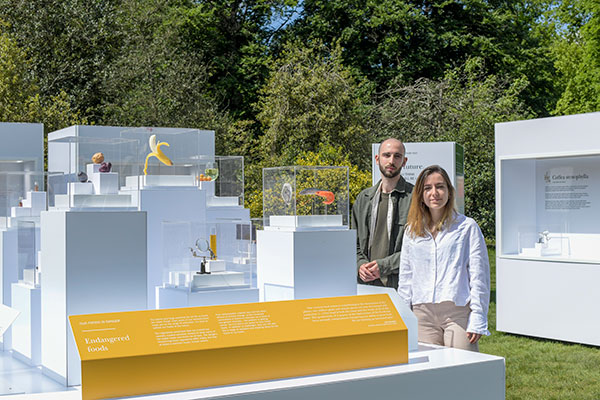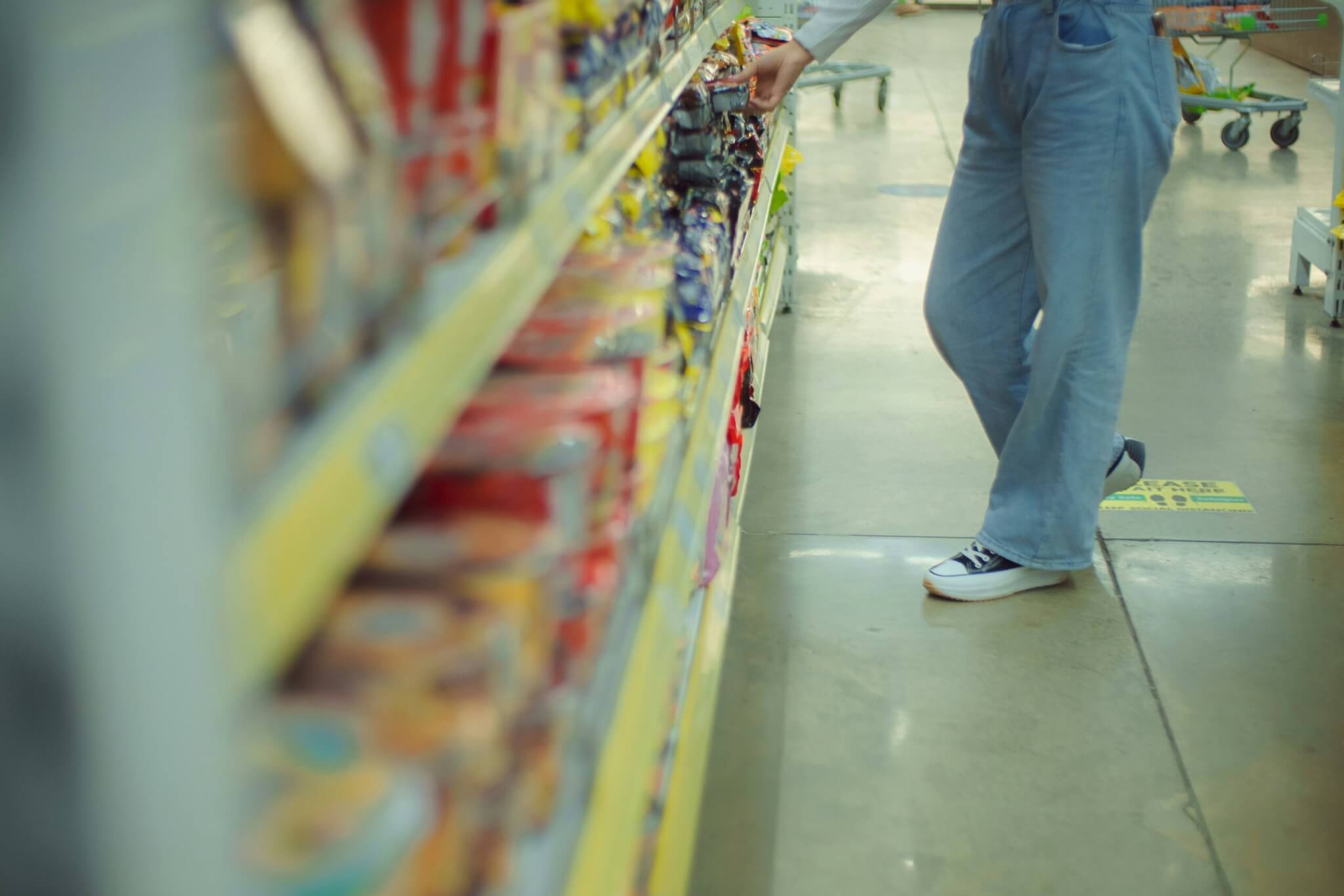A new exhibition exploring what food we might be eating in the future to help tackle climate change has opened at the Royal Botanic Gardens (RBG), Kew.
The Food Forever project combines art, culture and science in a series of immersive and multisensory exhibitions to discuss the role of food sustainability in different and engaging ways.
From troll sculptures eating food waste to folklore-inspired feasts, the exhibitions discuss food from different perspectives raising issues of biodiversity collapse, food waste, hunger, tradition and even the diverse food we might be eating in the future.
Head of programmes and exhibitions at Kew, Paul Denton, said: “It’s never been more important for us to reflect upon and change our approach to food consumption and production.
“Food Forever will give visitors to Kew a wonderful opportunity to engage with food in a completely fresh and exciting way, learning more about how the positive choices which we make for our own health and wellbeing also support the health and wellbeing of the planet,” Denton added.
Director of RBG, Kew, Richard Deverell said: “All life depends on plants. Kew estimates that there are 7,000 edible species of plants, yet only three account for 50 per cent of our calories; wheat, maize and rice.
“We are dangerously reliant on a slender slither of genetic diversity,” said Deverell.
Climate change is already impacting the production of these few crops, and we are at risk of ‘putting our eggs all in one basket, leaving populations increasingly vulnerable to food shortages according to Kew’s experts.

But scientists at Kew have identified alternative crops that are more resilient to climate changes, and they have collaborated with artists to showcase the potential food of the future.
From ancient varieties of coffee, rice and aubergine to little-known crops like enset and pandanus, the art installation Future Food Stories gives a taster of what we might be eating by 2050.
“We believe food is a powerful tool to communicate complex issues in an approachable way,” said the artists behind Future Food Stories, Mario Mimoso and Maria Fuentenebro. “It is through food we hope to start the conversation on the relationship between our food system and the climate crisis.”
Argentinian artist, Leandro Erlich, echoes this theme in his Labyrinth of Monoculture that depicts the dangers of relying on too few crops but also presents an alternative vision of sustainable and biodiverse food production based on indigenous wisdom.
Erlich said: “It’s a project that begins with our renewed commitment to the natural world, to invite all of nature’s voices back into the nuanced conversation that was once a kind of paradise.”
It comes alongside a growing understanding about the potential of art to reach people who are neurodivergent or from different backgrounds, and better enable mass change.
As part of the programme, the world-renowned botanical gardens will also be hosting talks from experts and scientists, after hours events, and the Pavilion restaurant will feature menus from guest chefs Anna Jones, Tom Hunt and Dr Ruby Aujla, highlighting how plant-rich meals eat can benefit the planet.
Food Forever at RBG Kew is open from 21 May to 18 September 2022 and is included with general entry to the gardens.













0 Comments